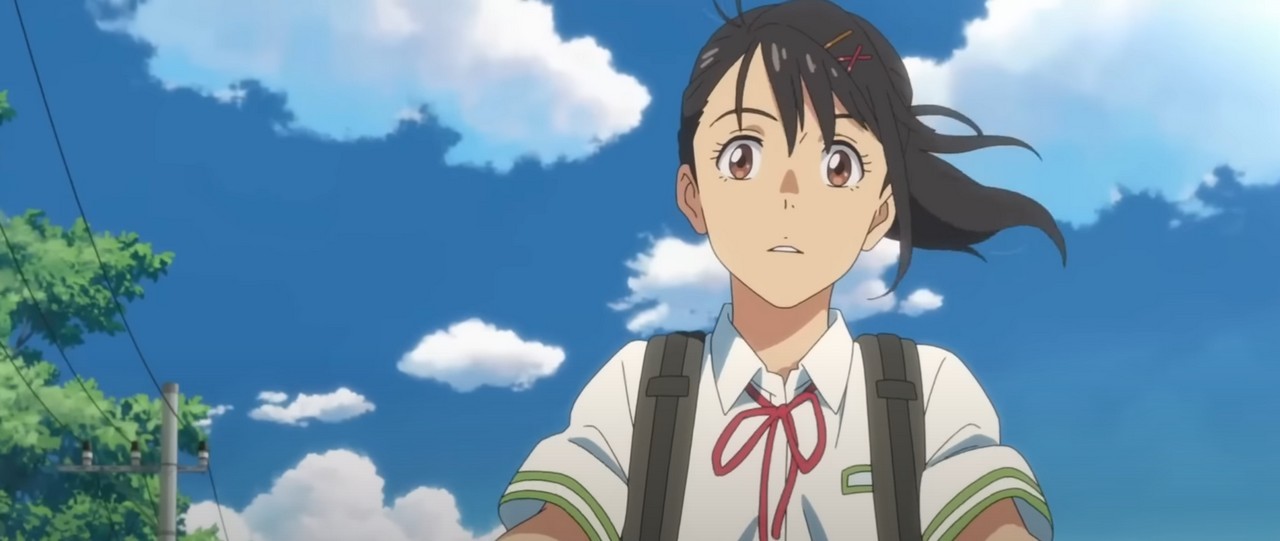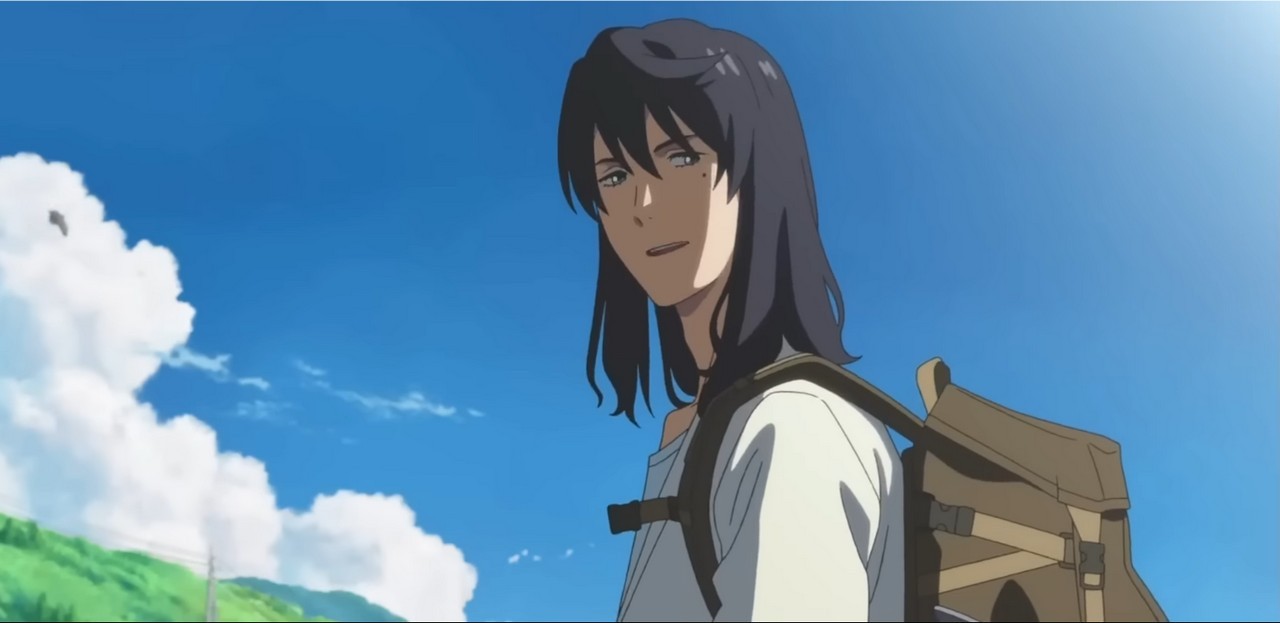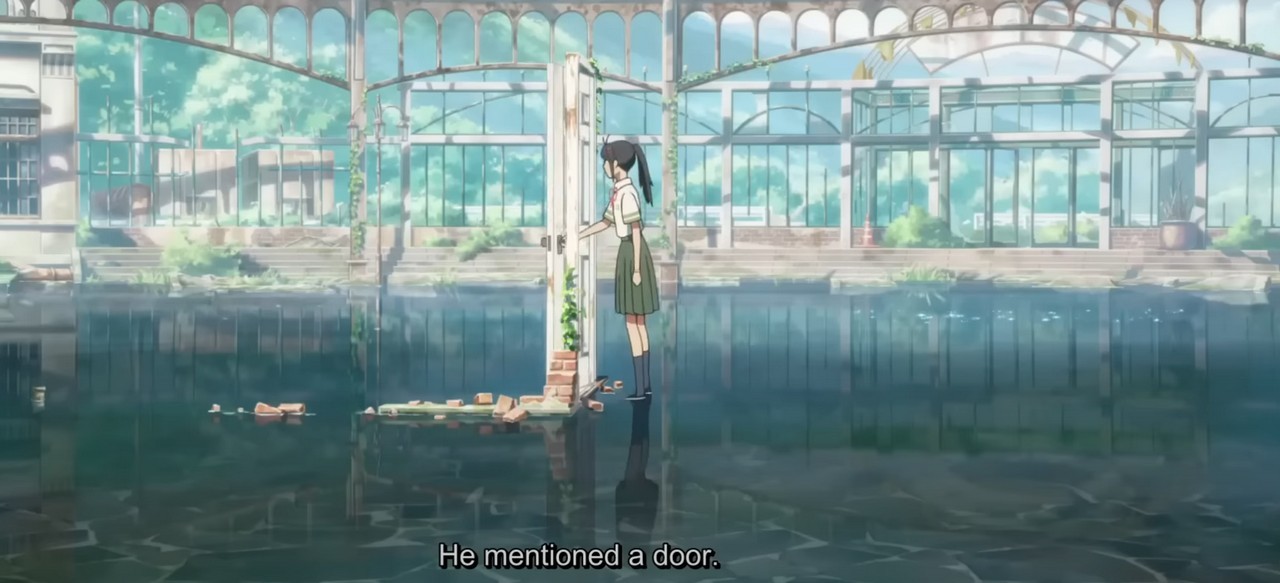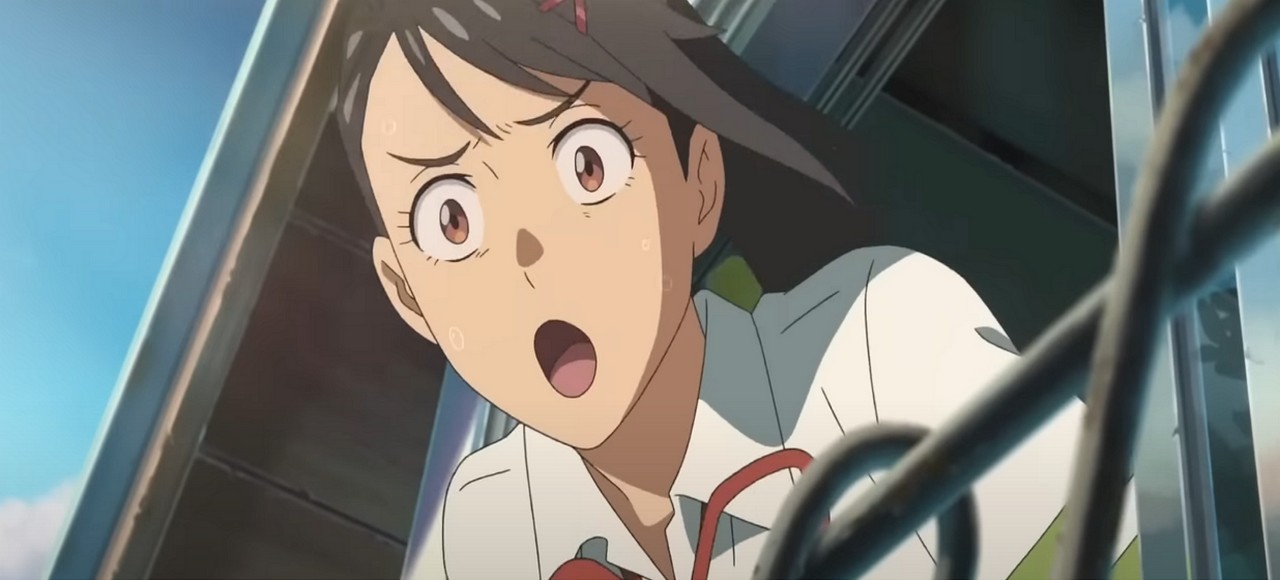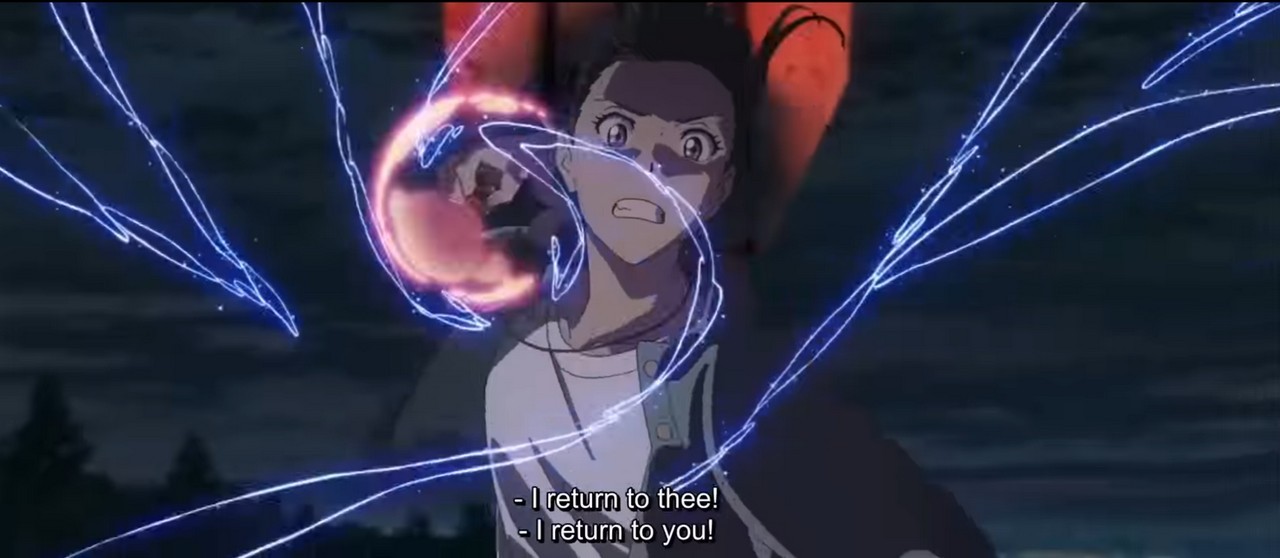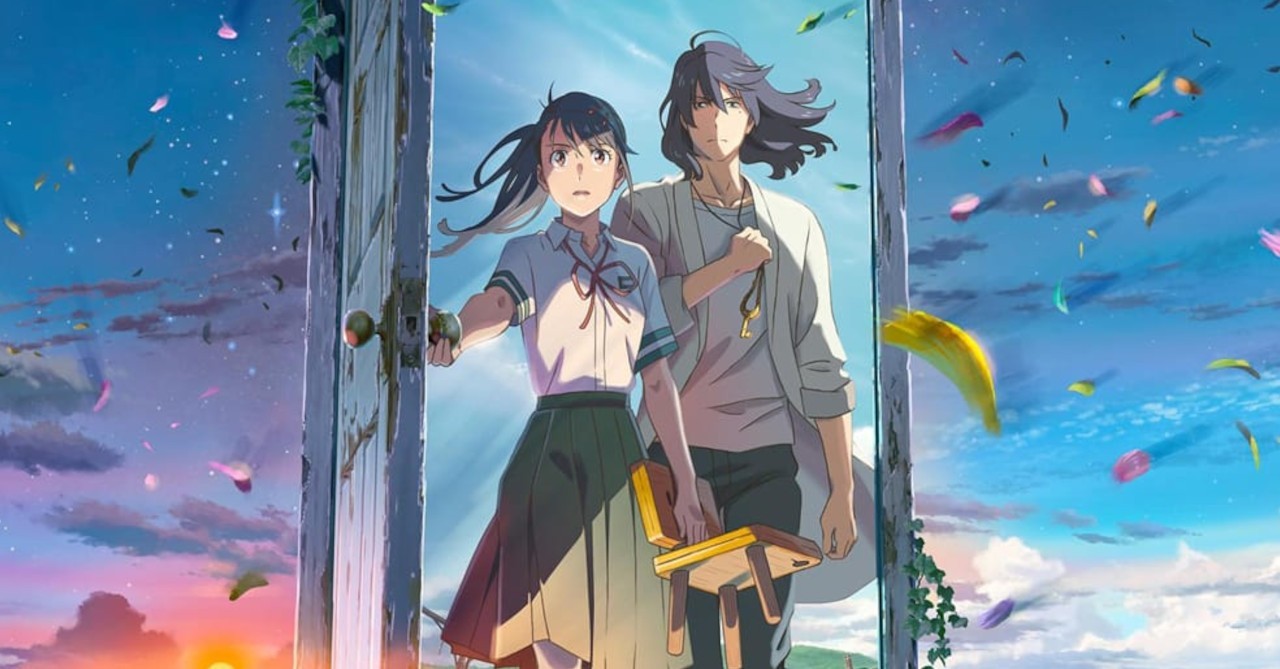Suzume Review | An Unexpected and Heartfelt Road Trip
Suzume takes you to places all over Japan. all while delivering a heartfelt story that is a staple of director Makoto Shinkai's work.
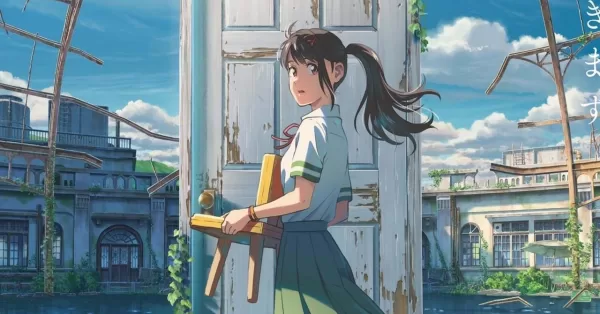
Suzume (or Suzume no Tojimari) is the latest movie by writer-director Makoto Shinkai, the same man behind the hit anime movies Your Name (Kimi no Na wa) and Weathering With You (Tenki no Ko). His lateste film takes the audience on a journey around Japan that blends fantasy and heart into its story, all while revisiting the natural disasters that occurred throughout Japan.
Shinkai masterfully incorporated these into the film without making it feel like a two-hour-long lecture. In the film, we witness the main character grow in the said journey while still delivering that lesson of how to overcome past incidents and grow as a person. This makes it another compelling movie to watch in theaters.
Just to avoid potential spoilers in the whole plot of the movie, I’ll make the story explanation brief.
Suzume follows the titular character Iwato Suzume (voiced by Hara Nanoka). As she is about to go to school, she has a chance encounter with a handsome young man named Souta (voiced by Matsumura Hokuto) who asks her if she happen to know of any nearby ruins. After being intrigued by the young man, Suzume follows Souta into the said ruins. Eventually, we learn Souta’s purpose is to look for mystical doors (or I dub the Dokodemo doors from Doreamon) that connect our world to “The Ever -After” where the departed reside and lock away the embodiment of disasters called Worms.
But as expected, Suzume inadvertently unleashed a force that puts many lives in danger, thus pushing her to join Souta to prevent these disasters.
Before watching an original film, I try not to dig much into the movie just so I could have that surprise when I eventually watch it. I didn’t expect Suzume to be a literal road trip to some real-life places in Japan because comparing it to Shinkai’s past movies Your Name and Weathering with You, this film is bigger in terms of the places it went to. It even uses electronic payment as if they’re promoting its convenience if you plan to travel the whole country yourself.
Anyway, the beautiful place and the people in the film show the mundane half of its world because below it are the aforementioned doors containing the Worms representing the fantasy part of the film.
Although, what I feel about the fantasy half is that it’s more of a backdrop to the whole premise and what it represents to the main character Suzume. These doors and the worms themselves can be seen as symbolic to Suzume, which in my opinion makes the movie more character-focused rather than focusing on the disaster brewing in the background.
I’m not totally saying that the film ignores its main conflict, but rather it’s inlcuded well in the narrative, turning it into a proper motivation for the characters to move forward. All the while we see Suzume grow as she makes connections with the people she meets on her journey with Souta. This kind of storytelling is what I’m looking for for a while now since it makes it easier for the audience to relate to, rather than making it a full-blown fantasy.
It even helps that Makoto Shinkai took heavy inspiration from real-life disasters, which even first-time viewers may get when they watch the film. But if you have zero knowledge of those events, how the movie depicts them may help to know what occurred during those times, as remembering the past is the literal key to resolving those disasters in the film itself.
So, in my opinion, nothing feels forced in the plot and it moves naturally throughout its entire runtime. I also don’t mind the pacing as it has its lulls between the conflicts, specifically featuring moments where Suzume is basically experiencing a schoolgirl’s first time traveling the country. Although these “lulls in-between” sometimes feel too convenient considering they’re on a timer. But this is just me being too critical of that detail as I don’t really mind those peaceful moments.
As the titular character, Suzume takes most of the screen time which makes sense as the movie focuses more on its protagonist. But it doesn’t mean that we don’t get some screen time from Souta which is just enough to introduce his background and tell his ambitions outside of being a Closer.
The romance between the main cast is probably a staple in every Makoto Shinkai film, but honestly, the romance in Suzume feels a bit weak, which again I did not mind. For a young girl like Suzume, it’s just natural to fall for a guy who looks like Howl from Howl’s Moving Castle, but romance is not the whole point of the movie. It’s more of a personal journey of its main character Suzume, and that makes the film fresh from the previous Shinkai’s past movies. As for the side characters, Serizawa is the best bro hands down.
Talking about the animation and music of the film perhaps it’s the weakest among Makoto Shinkai’s recent films. The light effects are a true staple in his films, but Suzume’s light effects are only present in The Ever -After. Although this gives it good contrast the normal world. For me, this lack of visual effects in the normal world helps as a good explanation that The Ever -After is a world beyond our normal realm that people will not truly understand. Those flashy effects also only occur when characters close those special doors, so those stunning visual effects are a bit few and far between.
As for the music, Radwimps returns as composer and again nails both the first and second theme songs Suzume and Kanata Haluka. Choosing which of the two theme songs I think would be stuck in everyone’s, mind my vote would go with the first theme song sung by Toaka and composed by Radwimps, appropriately titled Suzume. It is after all the song that we hear in the trailer. If the humming part didn’t get stuck in your head, I’m positive there’s something wrong with you get yourself tested.
Final Verdict
Wrapping up it’s tough to prove that Suzume is a fine addition to Makoto Shinkai’s films without getting deep into spoiler territory. But I guarantee you that this film is worth a watch. It’s not Your Name or Weathering with You, instead, it is a story of its own about a girl who is moving on and resolving the past to heal in the present. It’s not perfect, but personally, I like it better than Weathering with You and I would definitely rewatch it given the chance.
Suzume is now showing in cinemas across the Philippines.


